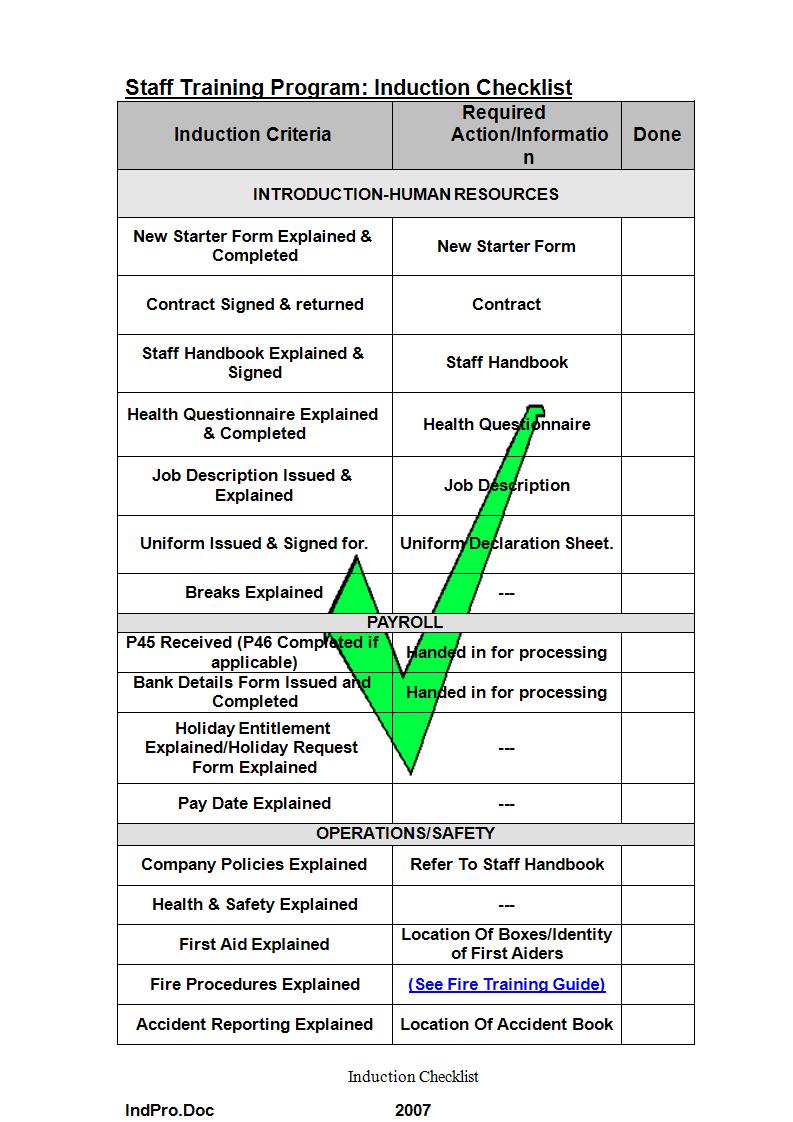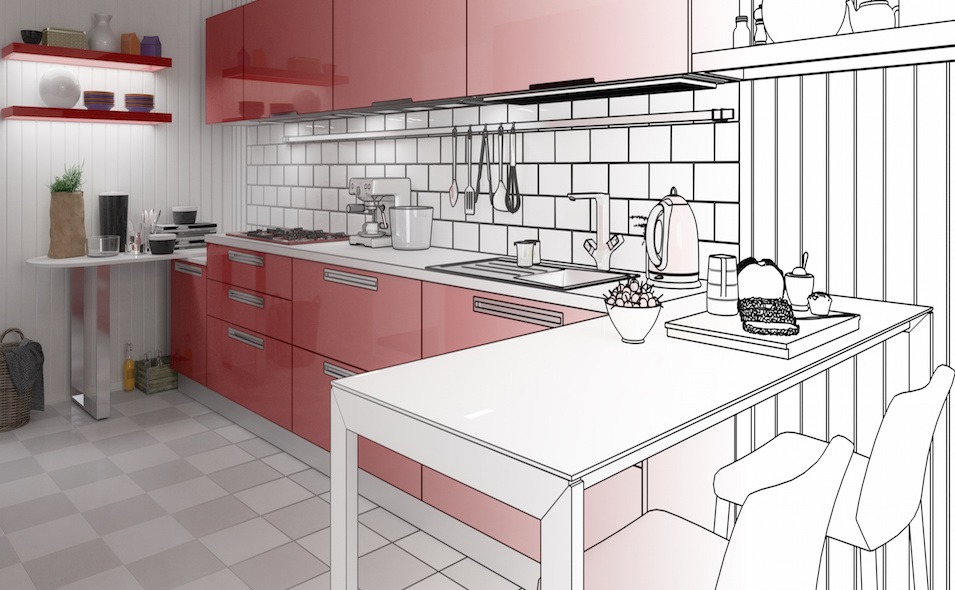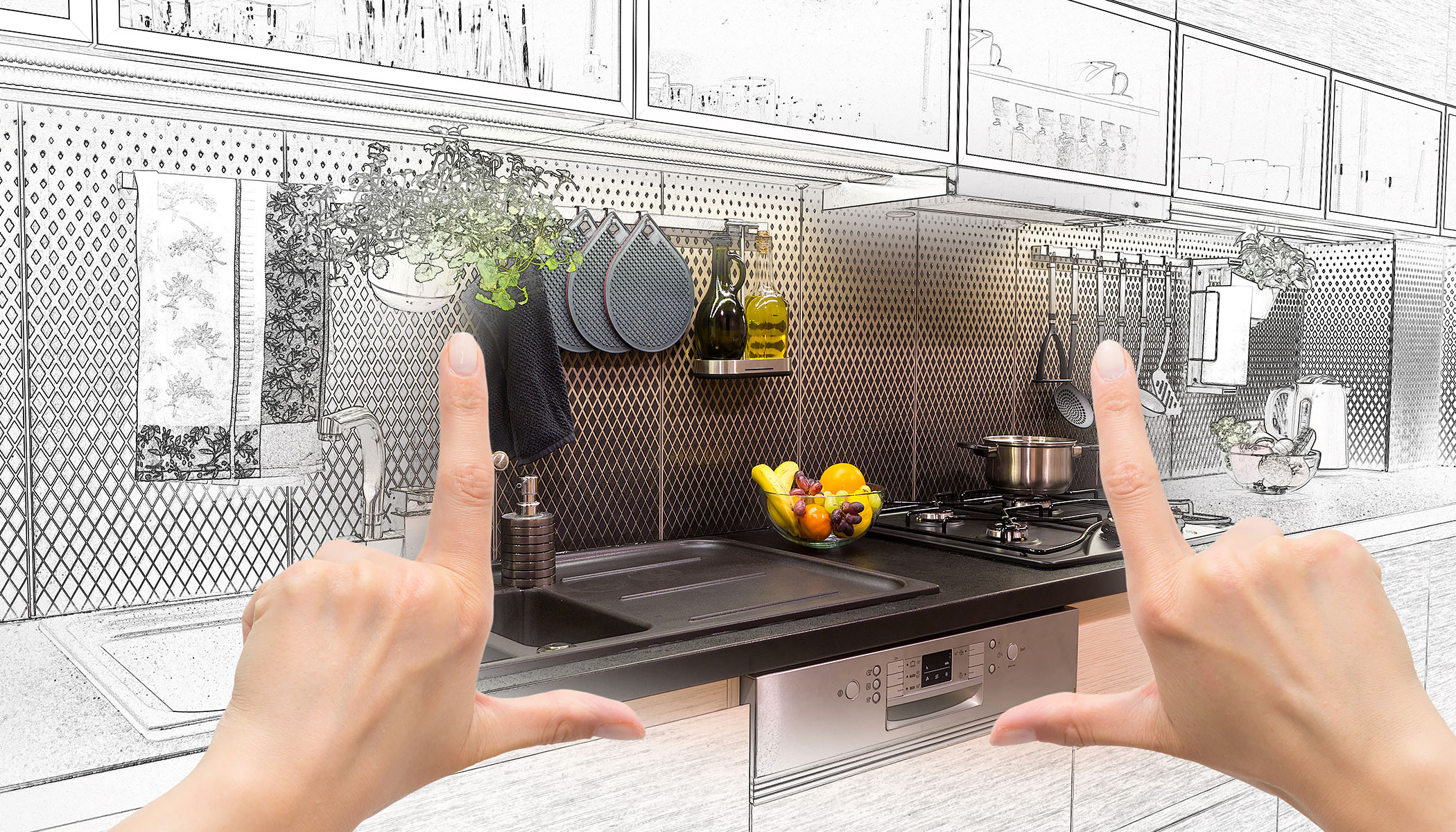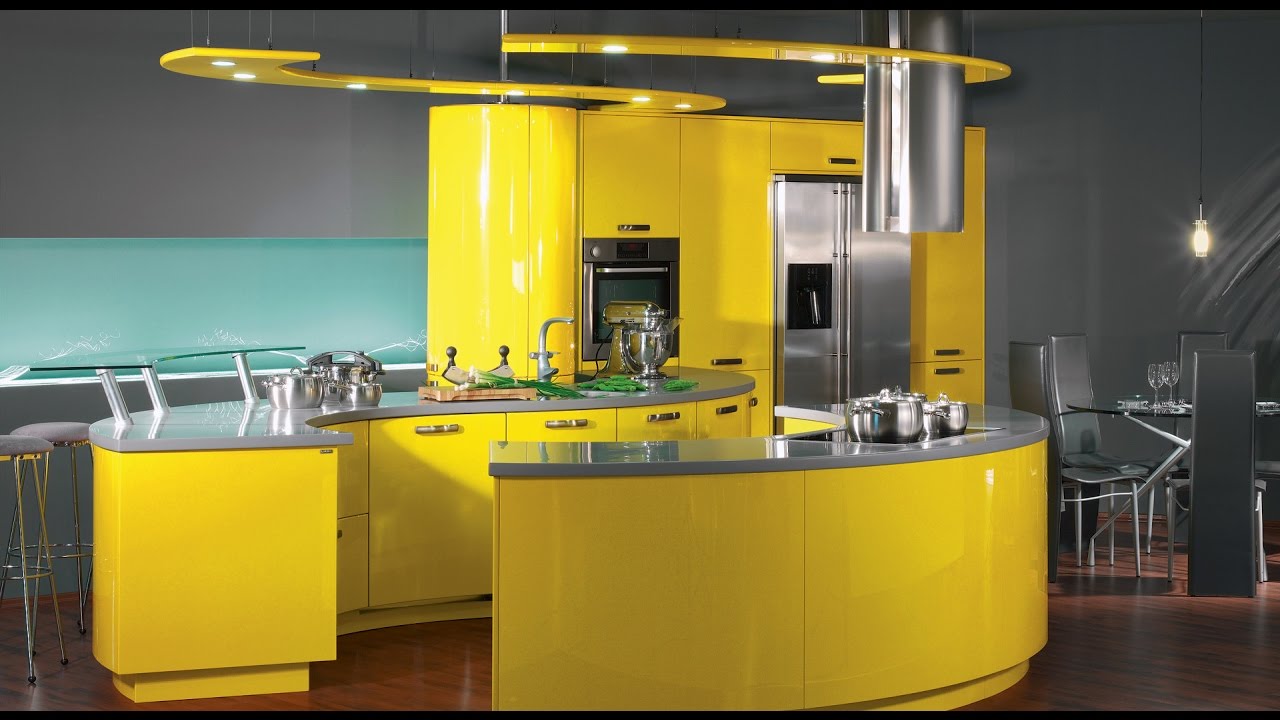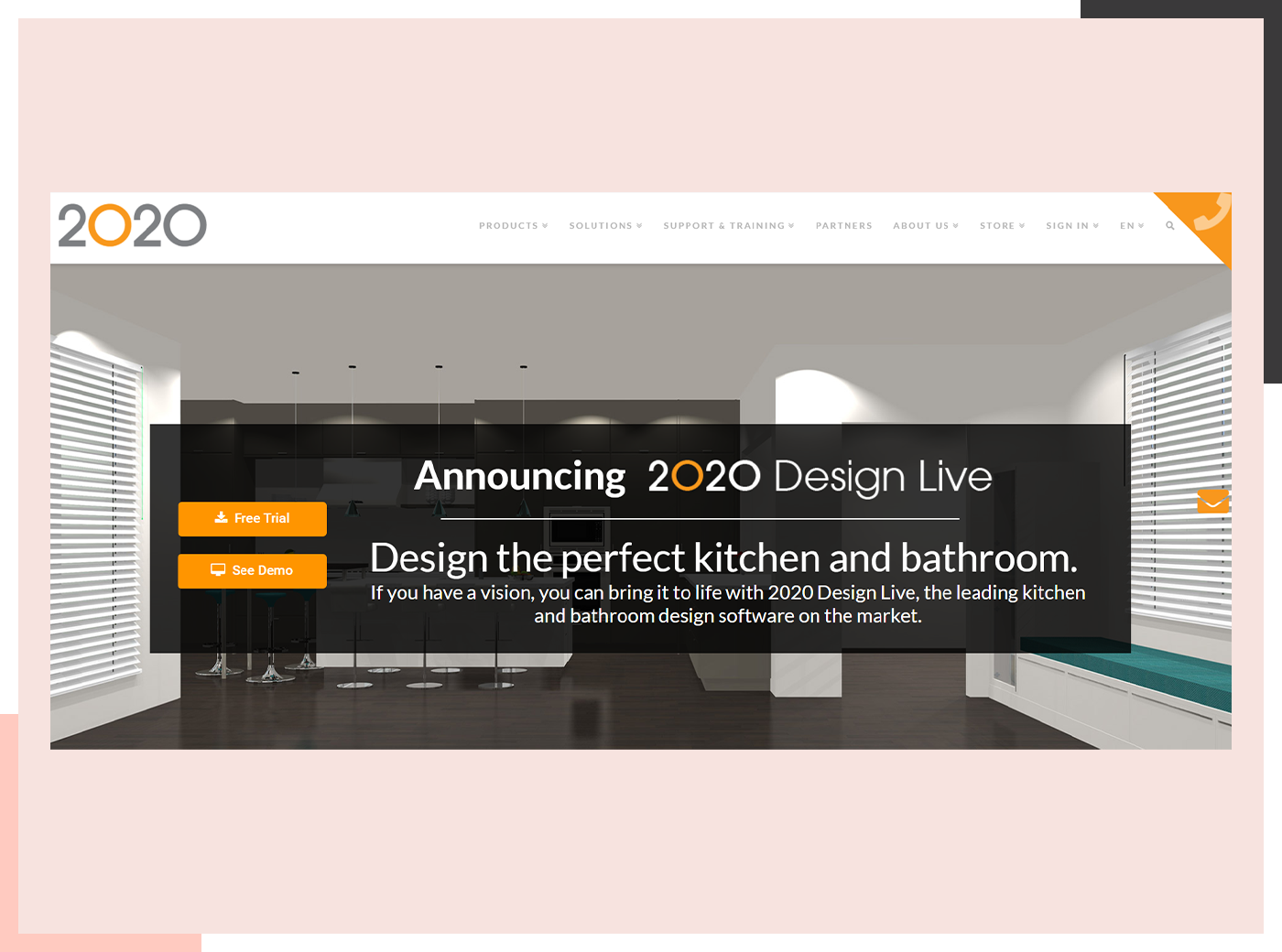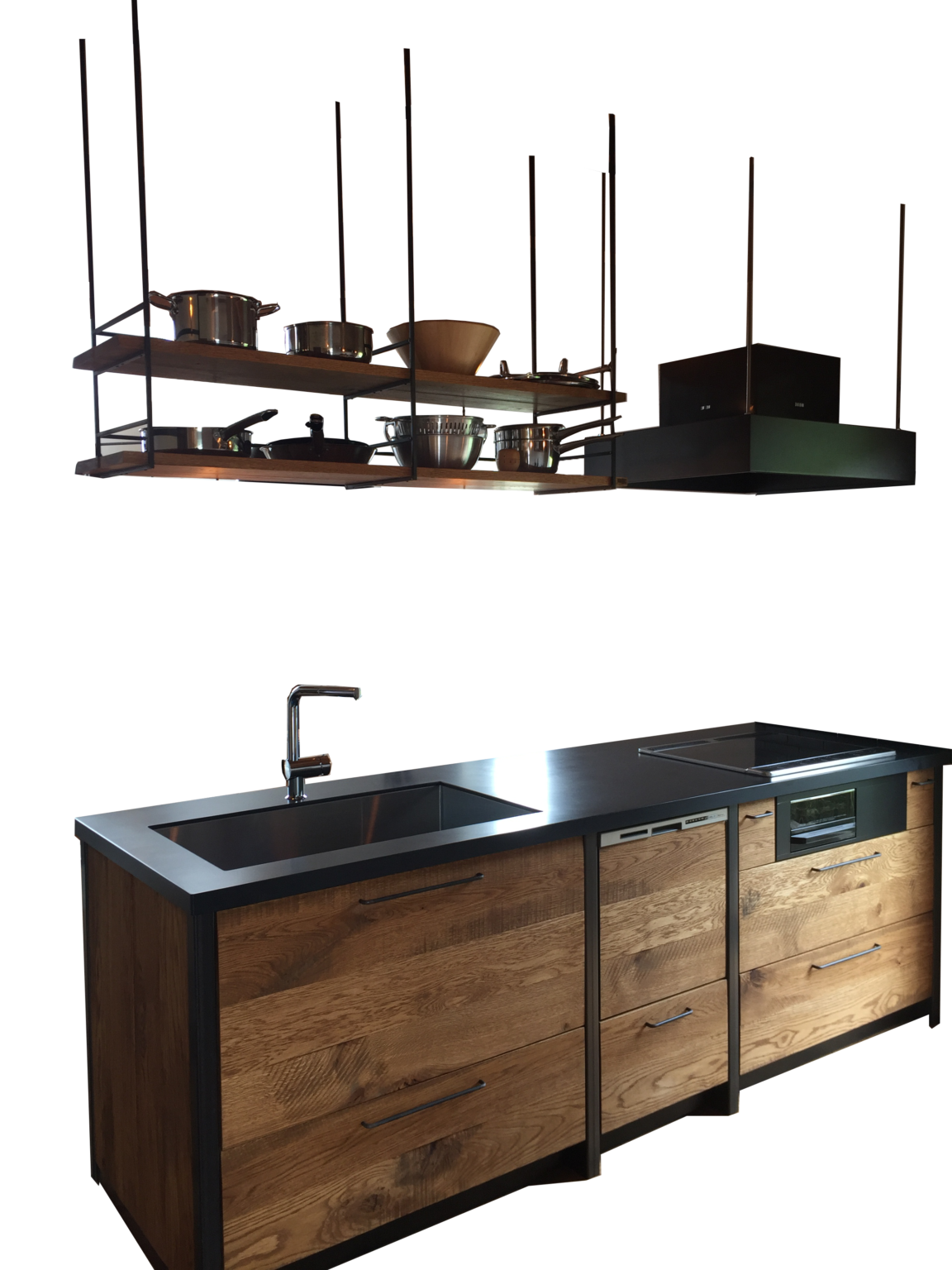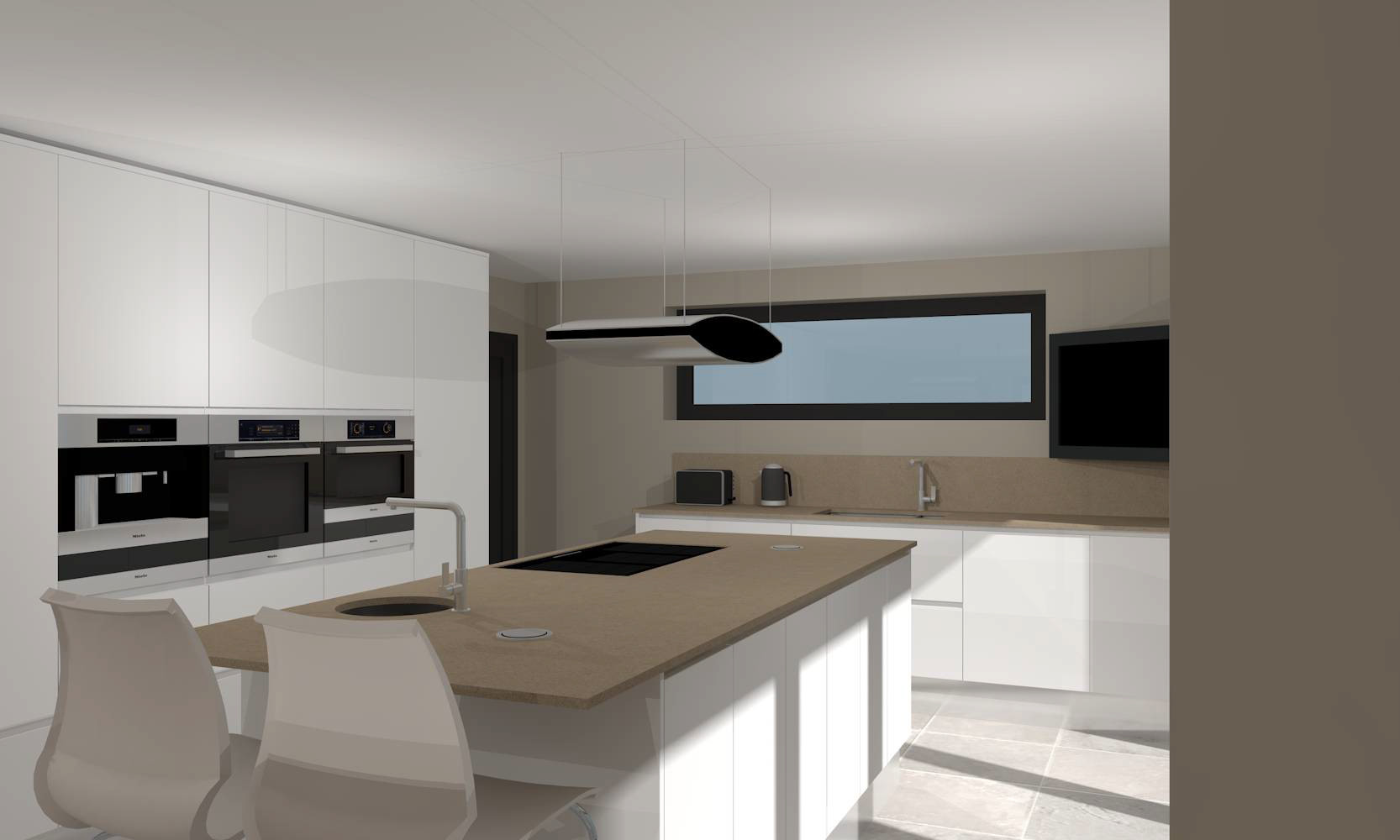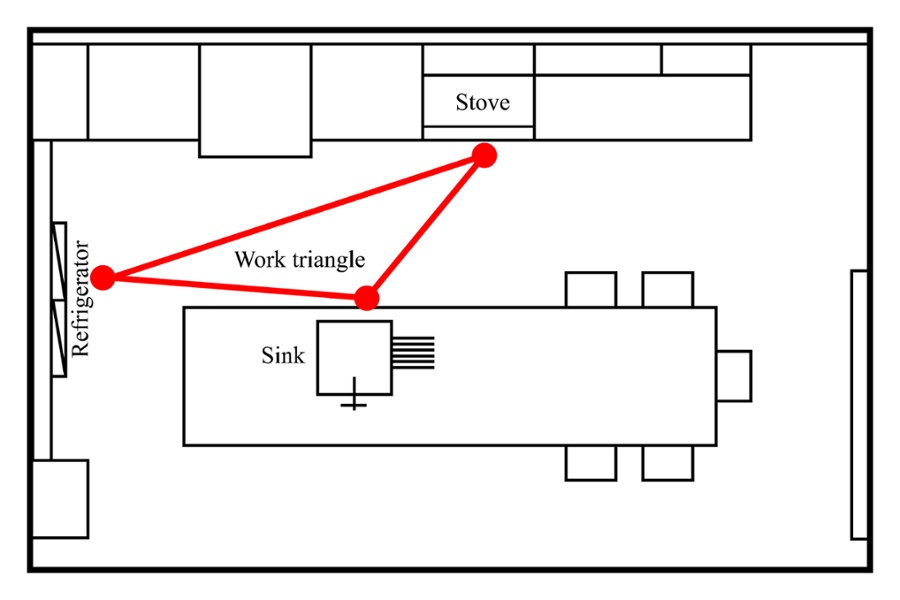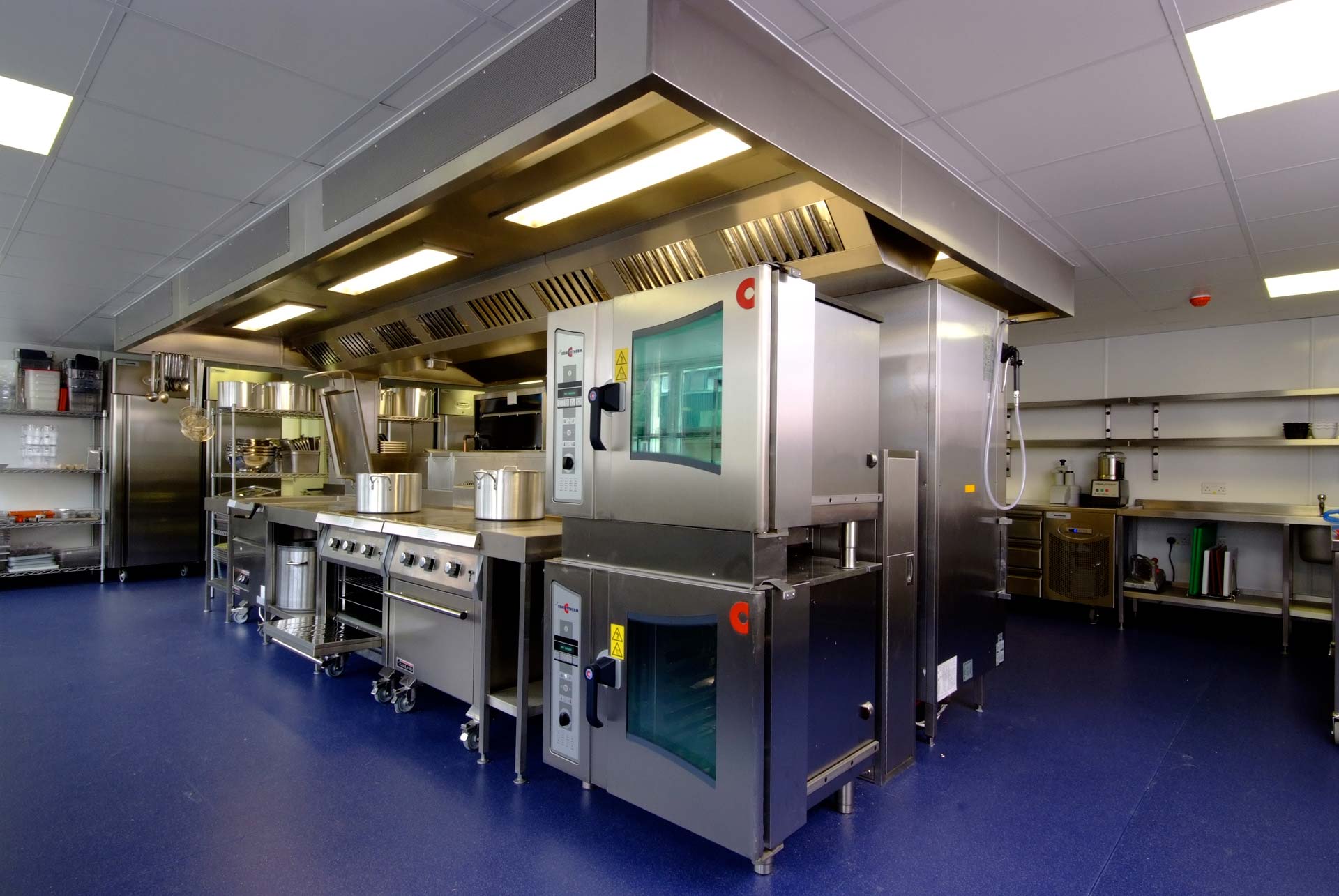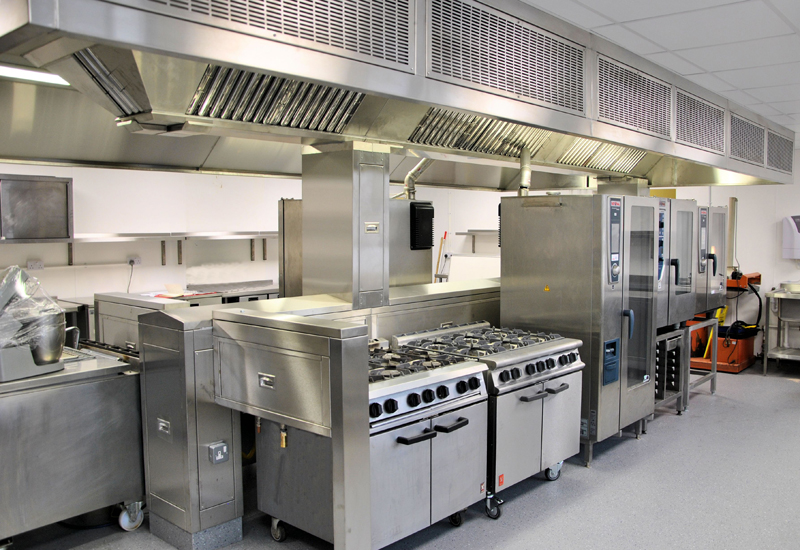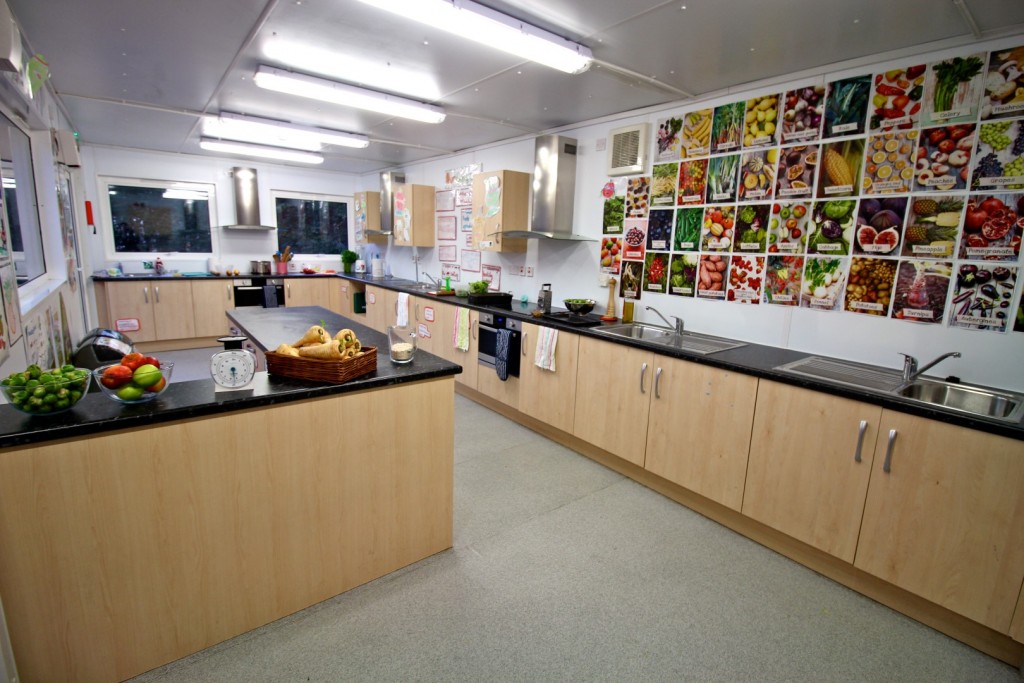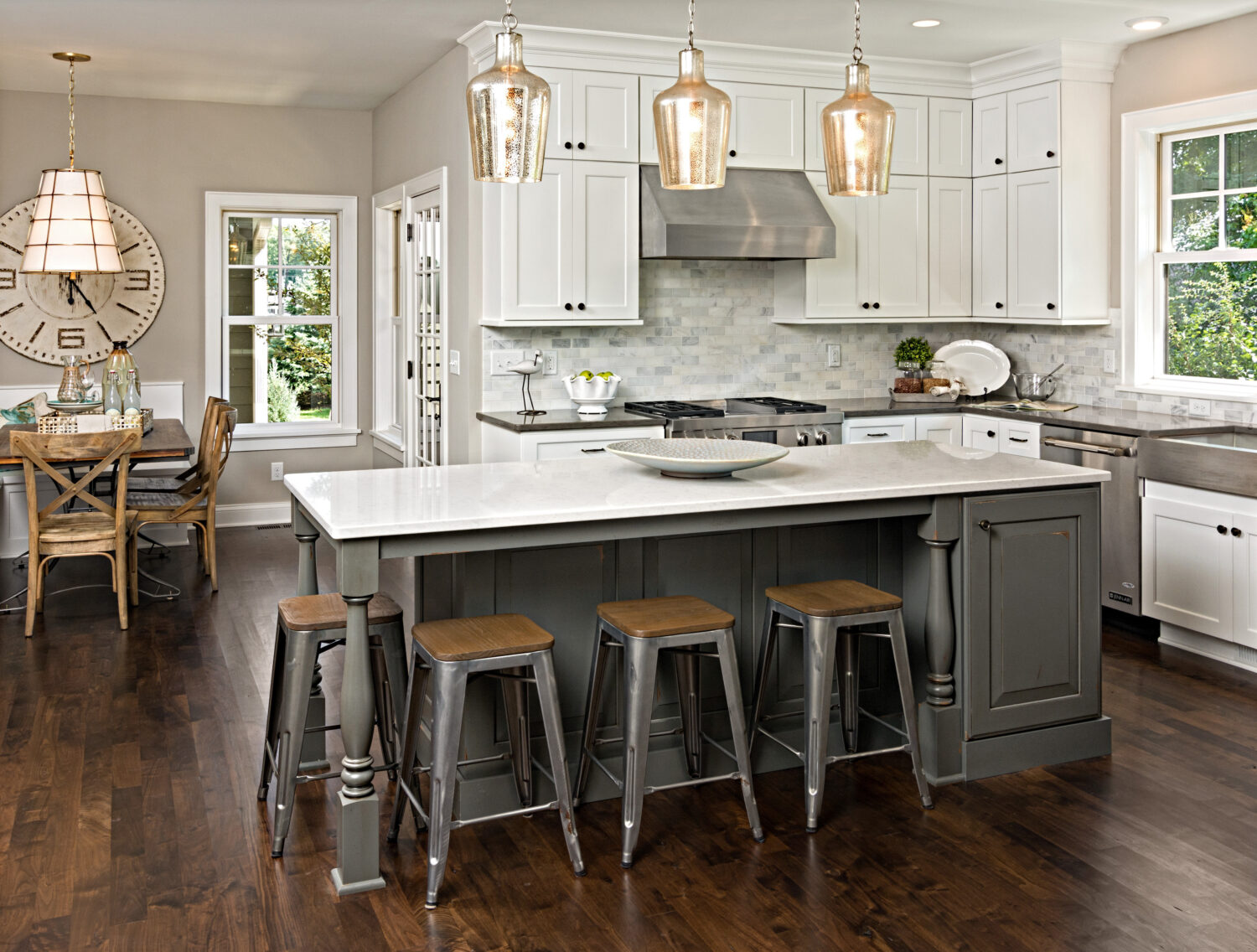If you have a passion for design and a love for cooking, becoming a kitchen designer could be the perfect career path for you. But before you can start creating beautiful and functional kitchens for clients, you will need to acquire the necessary skills and knowledge through proper training. Kitchen designer training programs are designed to teach students about the fundamentals of design, as well as the technical aspects of kitchen design. These programs are available at various institutions and can range from a few weeks to a few years, depending on the level of education and experience you are seeking.1. Kitchen Designer Training Programs
While there is no specific educational requirement to become a kitchen designer, most professionals in this field have a formal education in design or a related field. The first step to becoming a kitchen designer is to complete a training program, which will give you a strong foundation in design principles, color theory, and space planning. After completing a program, you can gain hands-on experience through internships or apprenticeships, which will help you develop your skills and build your portfolio.2. How to Become a Kitchen Designer
Kitchen design courses are a great way to gain the necessary knowledge and skills to become a successful kitchen designer. These courses cover a wide range of topics, such as design software, materials and finishes, and kitchen layout and functionality. Some courses may also delve into topics like project management and client communication, which are essential skills for any designer. By taking these courses, you can learn the technical and creative aspects of kitchen design and apply them to real-life projects.3. Kitchen Design Courses
While certification is not a requirement to become a kitchen designer, it can greatly enhance your credibility and marketability. There are various organizations that offer certification programs for kitchen designers, which typically involve passing an exam and meeting certain experience requirements. By becoming certified, you can show potential clients and employers that you have the necessary skills and knowledge to design high-quality kitchens.4. Kitchen Design Certification
Another way to gain hands-on experience in kitchen design is through an apprenticeship. Apprenticeships allow you to work under the guidance of an experienced designer, learning valuable skills and techniques. These programs can last anywhere from a few months to a few years, and often involve a combination of classroom instruction and on-the-job training. By completing an apprenticeship, you can gain practical experience and build your portfolio, which will be valuable when seeking employment or starting your own design business.5. Kitchen Design Apprenticeships
If you prefer a more structured approach to learning, taking kitchen design classes can be a great option. These classes are typically offered at community colleges, vocational schools, or design institutes, and cover a variety of topics related to kitchen design. Some classes may focus on specific areas, such as lighting or cabinetry design, while others may provide a more comprehensive overview of the entire design process. By taking these classes, you can learn from experienced professionals and gain a deeper understanding of the design industry.6. Kitchen Design Classes
If you are serious about pursuing a career in kitchen design, enrolling in a design school can provide you with a more in-depth education. These schools offer programs specifically focused on interior design, with a specialization in kitchen design. By attending a design school, you can learn from industry experts, gain hands-on experience, and build a strong portfolio that will give you a competitive edge in the job market.7. Kitchen Design Schools
Internships are a great way to gain practical experience and make valuable connections in the design industry. Many design firms offer internships to students or recent graduates, providing them with the opportunity to work on real projects and learn from experienced designers. By completing an internship, you can get a feel for the day-to-day responsibilities of a kitchen designer and determine if it is the right career path for you.8. Kitchen Design Internships
In addition to formal education and training, attending workshops and seminars can help you continue to develop your skills as a kitchen designer. These events often focus on a specific aspect of design, such as sustainable design or kitchen trends, and are led by industry experts. By attending these workshops, you can learn about new techniques and technologies, stay updated on industry trends, and network with other professionals in the field.9. Kitchen Design Workshops
Continuing education is essential for any professional, and this is especially true for designers. As the design industry is constantly evolving, it is important to stay updated on new technologies, materials, and trends. Taking continuing education courses can help you stay current in the field and maintain your skills and knowledge. Many organizations offer online courses or workshops that allow you to continue learning while balancing your work and personal life.10. Kitchen Design Continuing Education Courses
The Role of a Kitchen Designer in House Design

Creating a Functional and Beautiful Space
 A well-designed kitchen is often the heart of a home. It's where families gather to cook, eat, and spend quality time together. As a kitchen designer, you have the opportunity to play a crucial role in creating this important space for your clients. Your expertise and skills in kitchen design will not only make their homes more functional, but also more beautiful.
Kitchen design
is a specialized field that requires a unique blend of creativity, technical knowledge, and practicality. It's not just about choosing the right colors and materials, but also considering the layout, workflow, and storage solutions. As a
kitchen designer
, you must have a deep understanding of how people use their kitchens and be able to translate that into a space that meets their specific needs and preferences.
A well-designed kitchen is often the heart of a home. It's where families gather to cook, eat, and spend quality time together. As a kitchen designer, you have the opportunity to play a crucial role in creating this important space for your clients. Your expertise and skills in kitchen design will not only make their homes more functional, but also more beautiful.
Kitchen design
is a specialized field that requires a unique blend of creativity, technical knowledge, and practicality. It's not just about choosing the right colors and materials, but also considering the layout, workflow, and storage solutions. As a
kitchen designer
, you must have a deep understanding of how people use their kitchens and be able to translate that into a space that meets their specific needs and preferences.
Incorporating the Latest Trends
 One of the most exciting aspects of being a
kitchen designer
is the opportunity to stay on top of the latest trends and technologies in the industry. From smart appliances to sustainable materials, there is always something new and innovative to incorporate into your designs. By keeping up with these trends, you can offer your clients cutting-edge solutions that will make their kitchens not only functional, but also stylish and up-to-date.
One of the most exciting aspects of being a
kitchen designer
is the opportunity to stay on top of the latest trends and technologies in the industry. From smart appliances to sustainable materials, there is always something new and innovative to incorporate into your designs. By keeping up with these trends, you can offer your clients cutting-edge solutions that will make their kitchens not only functional, but also stylish and up-to-date.
Collaborating with Clients and Other Professionals
 As a
kitchen designer
, you will have the chance to work closely with clients to understand their vision and bring it to life. This collaborative process allows you to build strong relationships with your clients and ensure that their needs and desires are met. Additionally, you will also work closely with other professionals such as architects and contractors to ensure that the kitchen design fits seamlessly into the overall house design.
As a
kitchen designer
, you will have the chance to work closely with clients to understand their vision and bring it to life. This collaborative process allows you to build strong relationships with your clients and ensure that their needs and desires are met. Additionally, you will also work closely with other professionals such as architects and contractors to ensure that the kitchen design fits seamlessly into the overall house design.
Becoming a Kitchen Designer
 If you have a passion for design and a keen eye for detail, then becoming a
kitchen designer
may be the perfect career for you. With the right training and experience, you can hone your skills and become an expert in creating functional and beautiful kitchen spaces. So why wait? Start your journey to becoming a
kitchen designer
today and help make people's dream kitchens a reality.
If you have a passion for design and a keen eye for detail, then becoming a
kitchen designer
may be the perfect career for you. With the right training and experience, you can hone your skills and become an expert in creating functional and beautiful kitchen spaces. So why wait? Start your journey to becoming a
kitchen designer
today and help make people's dream kitchens a reality.
